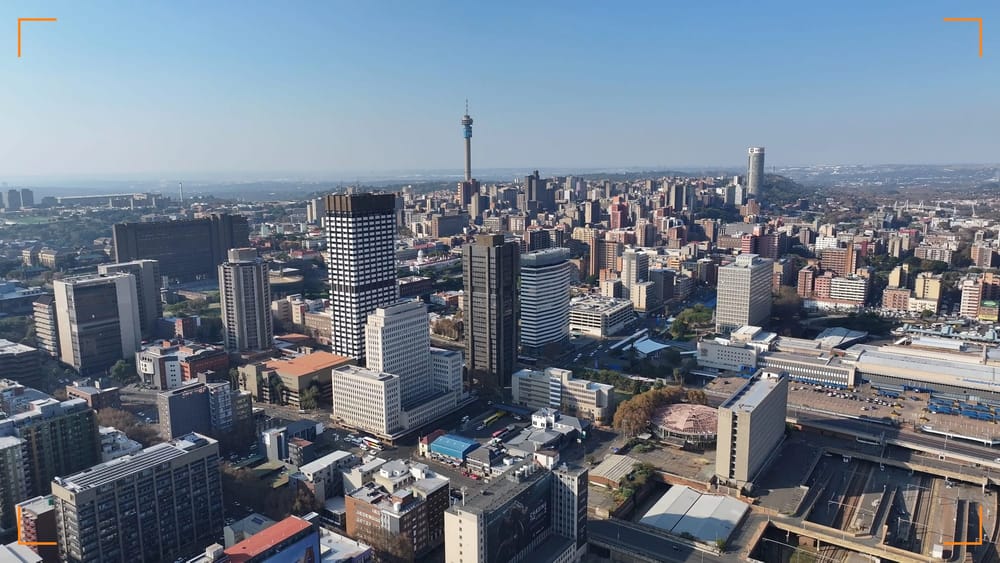Europe-Eurasia - Eurasia RegionalPULSE: 29 MAY 2025
Geopolitical & Security Analysis Regional Report

Report Details
Initial Publish Date
Last Updated: 29 MAY 2025
Report Focus Location: Eurasia
Authors: AGC, MA
Contributors: GSAT
GSAT Lead: MF
RileySENTINEL provides timely intelligence and in-depth analysis for complex environments. Our global team blends international reach with local expertise, offering unique insights to navigate challenging operations. For custom insights or urgent consultations, contact us here.
Report Summary
- Russia’s energy revenues are under severe strain, with oil and gas income in May 2025 dropping to its lowest level since July 2023. Tax hikes and ruble appreciation have rendered much of its production unprofitable, complicating efforts to fund the war in Ukraine while maintaining investor confidence in the energy sector.
- Georgia’s EU trajectory remains politically contested. While officials reaffirmed a 2030 EU membership goal and cited 60% reform completion, this contrasts with earlier pledges to freeze accession until 2028 and ongoing pressure on civil society—raising concerns about democratic integrity and mixed political signals.
- Turkey’s flagship nuclear project faces major delays due to sanctions-related financial barriers. The $3B blocked transfer and Rosatom’s tax exemption demands illustrate how foreign policy frictions can undermine infrastructure projects tied to Russian partners.
- Armenia-Russia ties continue to erode, as public discontent over Moscow’s inaction during the Azerbaijan conflict spills into the streets. Simultaneously, Yerevan pursues closer EU engagement and aims to attract Western investment, especially in its growing tech sector.
- The South Caucasus peace process remains fragile. Despite informal Armenia–Azerbaijan talks in May, no substantive breakthroughs occurred. Baku’s added demands and Russia’s passive stance may prolong instability in sensitive border areas.
- Tajikistan and Kyrgyzstan have taken meaningful steps toward normalization, resuming cross-border transport services. This de-escalation could pave the way for broader regional cooperation and improved investor confidence.
- New trade routes and energy diversification are shaping Eurasia’s economic landscape. Kazakhstan’s wheat shipment to the UAE and Azerbaijan’s gas deal with Albania reflect a shift toward deeper MENA ties and energy security partnerships with Europe.
- Uzbekistan is advancing in renewables with a 25-year PPA signed for a major hybrid energy project, enhancing long-term sustainability and foreign investment appeal—despite parallel concerns over forced land transfers to Chinese firms.
Remaining content is for members only.
Please become a free member to unlock this article and more content.
Subscribe Now





